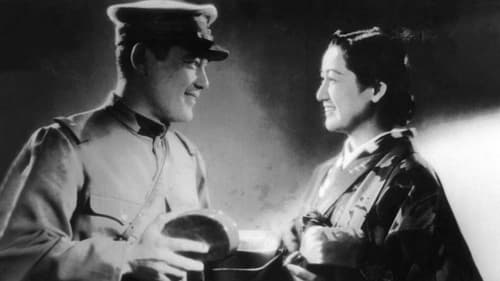
Screenplay
A comedy directed by Yasuzo Masumura starring Yunosuke Ito.

Screenplay
1962 Japanese movie

Screenplay
Based on the novel of the same name by Seichô Matsumoto.

Writer
An Ishiro Honda film.

Screenplay

Screenplay
Live-action adaptation of Yoshiro Kato’s manga.

Screenplay
Japanese drama film.

Screenplay
Upon discovering that her father has a mistress, a young girl befriends the "other woman" and her child. Realizing that her half-sister is doomed to being regarded as an outcast, the heroine sets about to spiritually legitimize the girl.

Screenplay
A ghost man with his face hidden entirely by bandages is killing beautiful nude models. Detective Kindaichi investigates.

Screenplay

Screenplay

Screenplay

Adaptation

Director
Excerpts from the 1942 propaganda film Toyo no Gaika celebrate the Japanese occupation of the Philippines during World War II. Named after a Japanese victory song, the film uses the power of the cinematic image for ideological purposes. A parade of visual symbols, emphasizing the patriotism of the victor and the defeat of the enemy, includes portraits of captured American generals and a trampled American flag.

Screenplay
In this semi-documentary, an older locomotive driver is tasked with training younger ones and is currently training two in particular. The old man is finding the task overwhelming as it is hard work with practical lessons and classroom components. His wife has died, but he has three daughters with the oldest taking care of her younger siblings.

Screenplay
This film attempts to reconstruct the tension of the Battle of Shanghai through an episode in an understated way, introducting its story in a documentary mode. In the film story, Japan's marine regiment protects Japanese residents and Chinese refugees-women and young children-from rampant street fighting, Shanhai Rikusentai unsparingly uses its first eight minutes for an official-mannered self-justification of the war. From the viewpoint of explaining Japan's military operation,the narration refers to the city s spatial division in sync with maps on screen.




